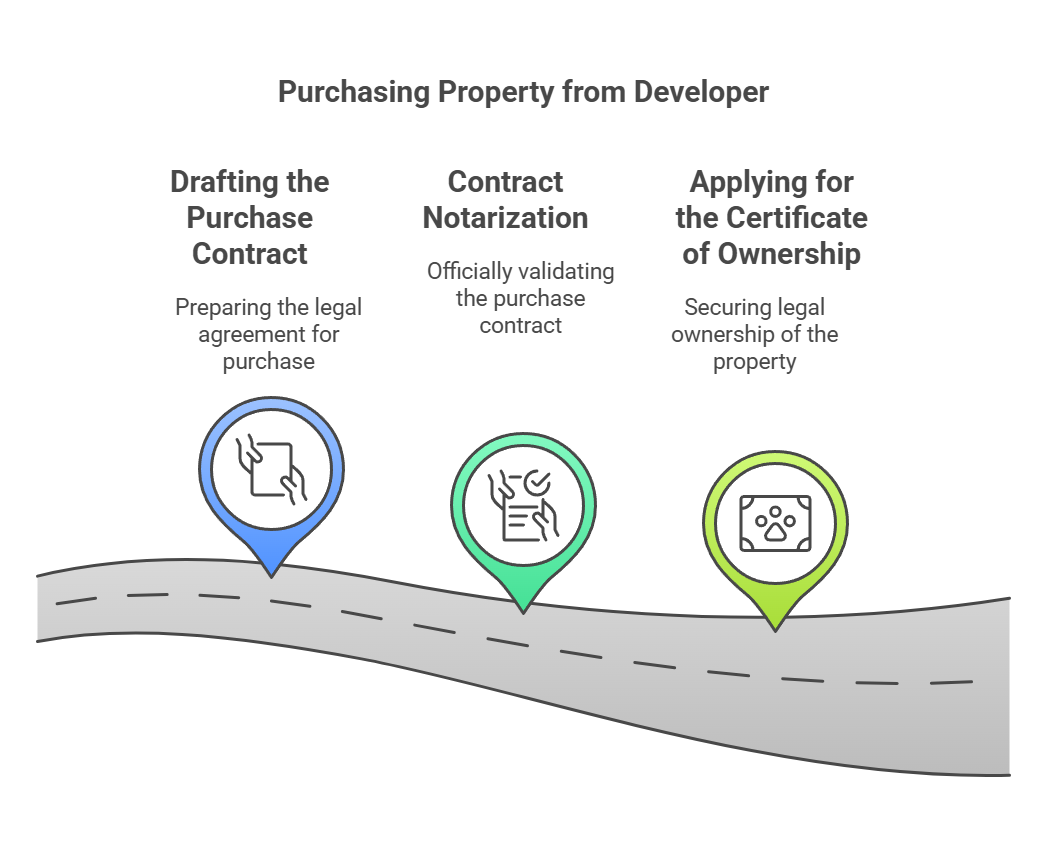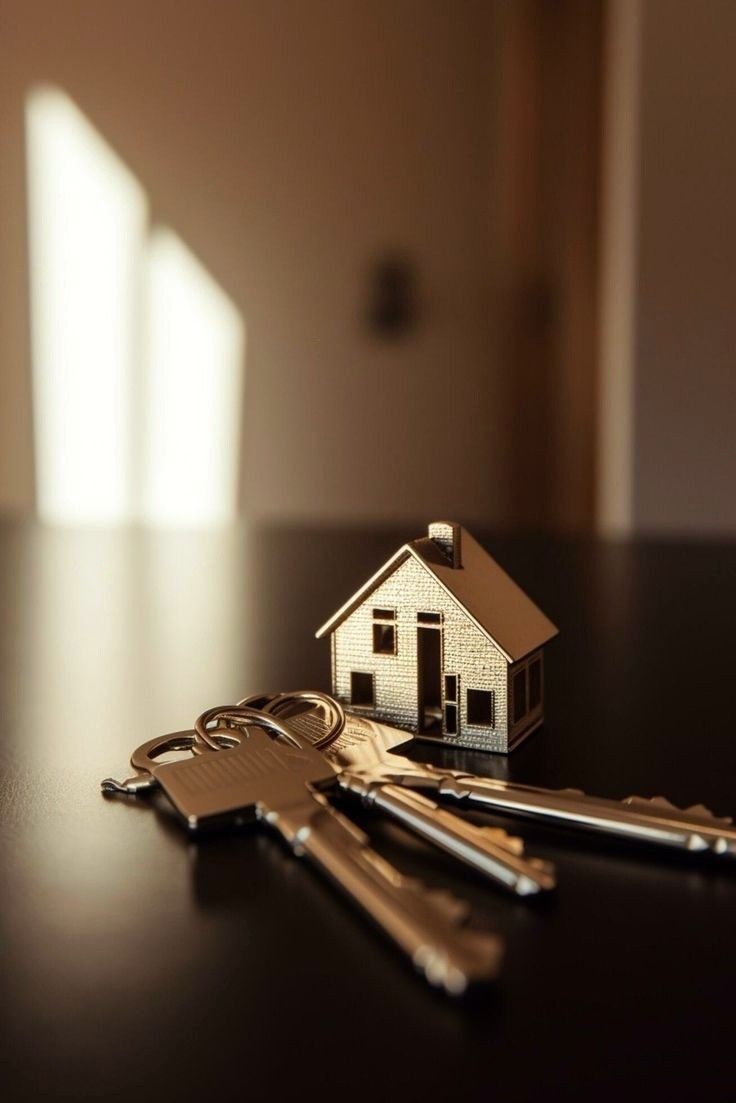
2 Simple Methods for Foreigners to Purchase Houses in Vietnam
With Vietnam’s growing economy and increasing international integration, many foreigners from around the world are choosing the country as their place to live and work. A common question arises: Can foreigners purchase houses in Vietnam? According to the news, since the 2014 housing law, about 3,197 foreigners have bought apartments in Vietnam, and about 4 million foreigners and overseas Vietnamese want to purchase houses in Vietnam. For detailed news on this article, please visit the article: “Many foreigners continue to buying property in Vietnam“.
In this guide, we’ll explore two simple methods foreigners can use to purchase houses in Vietnam, including the legal procedures and essential considerations you need to know. Understanding these methods will ensure you make informed decisions and successfully navigate Vietnam’s property market. Let’s dive into the details.
Two Simple Methods for Foreigners to Purchase Houses in Vietnam
There are two primary methods available for foreigners looking to purchase houses in Vietnam:
- Purchasing directly from the property developer
- Purchasing through the transfer of a commercial housing purchase agreement
Each method comes with its own legal steps, documents, and procedures. Below, we’ll outline both methods in detail so you can decide which route suits your needs best.
Method 1: Purchasing directly from the property developer

This is the most common method for foreigners to purchase houses and apartments in Vietnam. Here are the step-by-step procedures:
Step 1: Drafting the Purchase Contract
The first step involves drafting a detailed purchase contract, which should include the following elements:
- Full names and addresses of the buyer and seller
- Details of the house or apartment, such as land information, shared and private areas, floor size, and approved usage of shared spaces
- A clear payment schedule and terms
- The timeline for property handover and any applicable warranty period
- Obligations, rights, and commitments of both parties
- Additional agreements or terms that both parties agree upon
- Contract validity: Date and signatures of the parties, including the titles of signatories
Step 2: Contract Notarization
Once the contract has been drafted, the next step is notarization. This process legally validates the agreement, ensuring it is binding and protects both the buyer and the seller.
Step 3: Applying for the Certificate of Ownership
The final step involves obtaining the Certificate of Ownership. The responsibility typically lies with the property developer filing the necessary documents with the relevant government authority. However, the purchaser may opt to handle this process independently if they prefer.
Method 2: Purchasing through the transfer of a commercial housing purchase agreement
In cases where the original buyer has not yet applied for the Certificate of Ownership, foreigners can purchase houses by transferring the existing commercial housing purchase agreement. Here’s how the process works:

Step 1: Drafting the Transfer Agreement
Both the transferring party and the receiving party must draft a transfer agreement. Key elements include:
- Full details of both parties
- Reference to the original purchase contract, including contract numbers and dates
- The transfer price and payment terms
- Rights and responsibilities of both parties
- Methods for resolving disputes
- Any additional terms or agreements
Step 2: Notarization of the Transfer Agreement
Notarizing the agreement ensures its legal standing. The following documents are required:
- Seven original copies of the transfer agreement
- The original purchase contract and any previous transfer documents, if applicable
- Certified copies of the original contract and additional documents for any partial transfers
- Certified identification documents for all parties involved
- Proof of property ownership status
Step 3: Tax Declaration and Payment
Both parties must declare and pay any taxes, fees, and charges involved in the transaction. For reference, consult the article “Summary of Taxes, Fees, and Charges Payable When Purchasing and Selling Houses and Land” for more details.
Step 4: Confirming with the Property Developer
To complete the transaction, the receiving party must submit the necessary documents to the property developer for confirmation of the transfer agreement.
Step 5: Applying for the Certificate of Ownership
The final step is for the new purchaser to apply for the Certificate of Ownership with the relevant government authority.
Tips for Foreigners Purchase Houses
Navigating Vietnam’s property market can be challenging without the right guidance. Here are some tips to make the process smoother:

- Consult a Local Expert: Work with a local lawyer or real estate professional who understands Vietnamese laws and can guide you through the paperwork.
- Verify Property Details: Always double-check the property’s status, developer credentials, and compliance with local regulations.
- Plan for Taxes and Fees: Be aware of the additional costs, including taxes, registration fees, and notary charges.
- Stay Informed: Keep up to date with changes in Vietnam’s housing laws to avoid unexpected issues.
Conclusion: Why should buy real estate market in Vietnam?
Vietnam’s booming economy and rapid urbanization make it an attractive destination for living. Key reasons to consider buying include:
- Strong Market Growth: Rising demand for housing and commercial spaces.
- Affordable Prices: Competitive property prices compared to other regional markets.
- Government Support: Policies encouraging foreign investment in real estate.
Purchasing property in Vietnam as a foreigner requires understanding the legal framework and following the correct procedures. By choosing one of the two methods outlined above and adhering to the restrictions, you can secure a home in one of Southeast Asia’s most dynamic markets.
Whether you’re looking for a new residence or a lucrative investment, Vietnam’s property market offers exciting opportunities that are well worth exploring.
For more ways to purchase properties in Vietnam, please visit “Purchasing properties in Vietnam”.



Leave A Comment